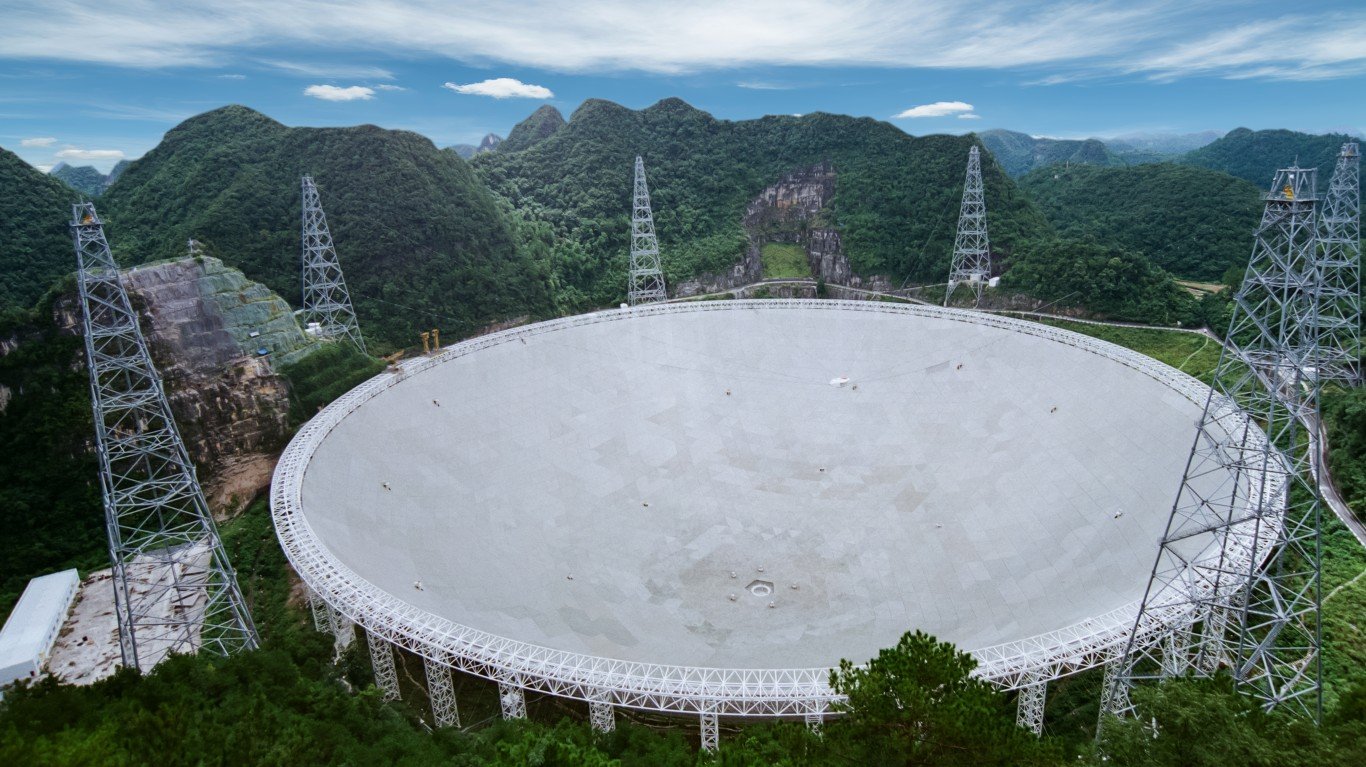

By David Callaway, Callaway Climate Insights
A flurry of climate maneuvers by oil companies in the past week has environmental activists enthusiastic over the pace of the global transition from fossil fuels, but a new study by Oxford University on the costs of financing energy projects shows banks remain convinced oil and gas are long-term plays.
The study, which included noted climate expert Dr. Ben Caldecott, founding director of the Oxford Sustainable Finance Programme at the University of Oxford, examined financing costs of renewable projects over the past 20 years, as well as coal projects, and gas and oil. Using loan spreads, or the interest rates charged on projects based on how risky they were, the study found dramatic decreases in wind and solar financing costs, particularly in the past decade. The declines were most felt in European offshore wind projects, for example, at 39%, as well as North American solar projects, where costs fell 32%.
Coal financing costs for coal power stations and coal mines soared, in the case of mines over 50%. But oil and gas projects were largely stable, rising only 3%, and in some cases, such as offshore oil, falling dramatically. Caldecott said the uneven results show the global economy is not transitioning at a pace to stop global warming. His colleague at the Oxford Sustainable Finance Program, Dr. Xiaoyan Zhou, went even further, suggesting the discrepancy could lead to “substantial” refinancing risks for the oil and gas projects in coming years, as well as stranded assets.
The Earth Week release of the Oxford study underscores the challenge investors have in our free-money world of diverting funds from harmful energy projects, as well as the importance for shareholders of oil and gas giants of pushing for change at the strategic level. Costs and returns are what will ultimately move the needle on transition and for all the promise, we’re not there yet.
More insights below. . . .
China’s dirty infrastructure binge
(This column by Bill Sternberg, former editorial page editor of USA Today, was sent to paying subscribers yesterday. Please sign up for a free trial to read it and all of our great columnists every day).
WASHINGTON, D.C. (Callaway Climate Insights) — For a shocking reminder about the sorry state of America’s infrastructure, go to YouTube and watch the collapse of the iconic Arecibo Observatory in Puerto Rico in December, after years of underfunding and ad hoc maintenance. Snapped cables sent the observatory’s 900-ton instrument platform crashing down into the 1,000-foot (305-meter) dish, destroying what was for more than half a century the world’s largest radio telescope.
Then, for a shocking reminder of China’s infrastructure prowess, search YouTube for the FAST telescope. The Five Hundred Meter Aperture Spherical Telescope, or FAST, (above) is China’s copycat version of Arecibo, only bigger. The telescope, with its vast 500-meter aperture, went into full service last year.
You can add FAST to China’s state-of-the-art airports and high-speed trains as projects that awe first-time visitors and embarrass Americans accustomed to navigating such pits as New York’s old Penn Station and LaGuardia Airport. President Joe Biden, who as vice president called LaGuardia a third-world facility, is billing his $2 trillion infrastructure plan as a way “to meet the great challenges of our time: the climate crisis and the ambitions of an autocratic China.”
The two challenges are intertwined. China’s public-works binge is unquestionably impressive. But it has a dirty side, one that threatens to tip the globe into catastrophic warming and deserves more attention at this week’s virtual Earth Day summit among world leaders. . . .
Tuesday’s subscriber insights: The best of our daily offerings
Exxon Mobil’s plan to create a $100 billion hub to capture carbon emissions and bury them in the Gulf of Mexico is a long overdue step in advancing the fossil fuel transition from reductions in greenhouse gases to removal of harmful carbon. But it comes with a catch. Read more here. . . .
. . . . “We feel like returning Vietnam veterans,” said Sen. Joe Manchin, D-W. VA, channeling coal miners at a press conference in Washington that indicated union support for President Biden’s infrastructure plan. Creating renewable jobs for lost work in the mines is only the beginning of Manchin’s demands, though the importance of his vote is not lost on Biden. Read more here. . . .
Norway’s state-owned energy company, Equinor, joined Shell this week in announcing a shareholder advisory vote on its climate policies at its annual meetings, advancing a controversial trend in oil land just as proxy season begins. Read more here. . . .
Expected growth in wind and solar and other renewable energies this year just can’t keep up, like everything else, with China’s economic growth, with global energy demand in 2021 overcoming the 4% drop experienced during the pandemic-inspired 2020, the International Energy Agency said this week. India, despite its Covid surge this year, is also expected to see more energy demand. Read more here. . . .
Free Callaway Climate Insights Newsletter
Take This Retirement Quiz To Get Matched With An Advisor Now (Sponsored)
Are you ready for retirement? Planning for retirement can be overwhelming, that’s why it could be a good idea to speak to a fiduciary financial advisor about your goals today.
Start by taking this retirement quiz right here from SmartAsset that will match you with up to 3 financial advisors that serve your area and beyond in 5 minutes. Smart Asset is now matching over 50,000 people a month.
Click here now to get started.
Thank you for reading! Have some feedback for us?
Contact the 24/7 Wall St. editorial team.



